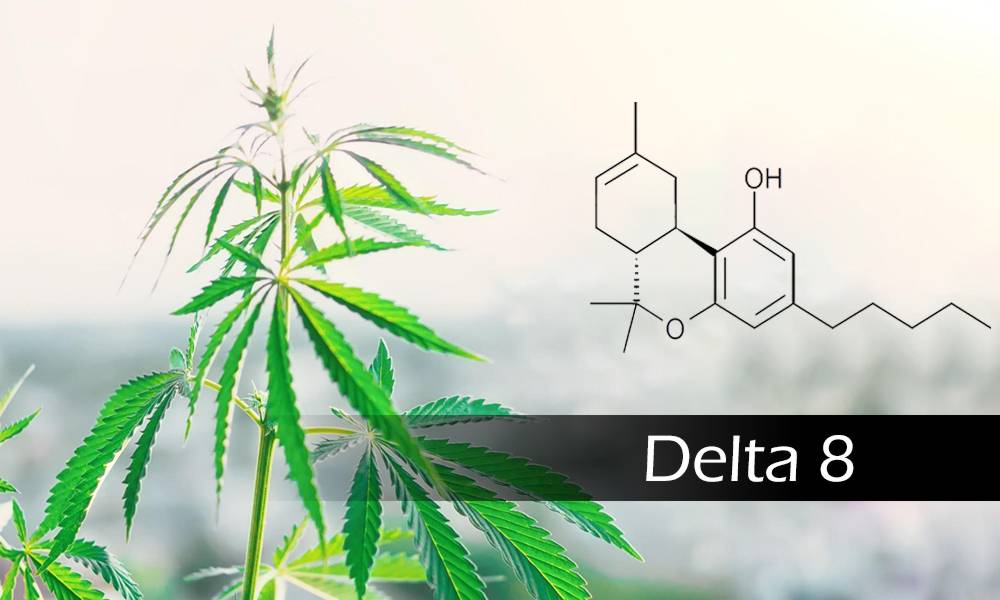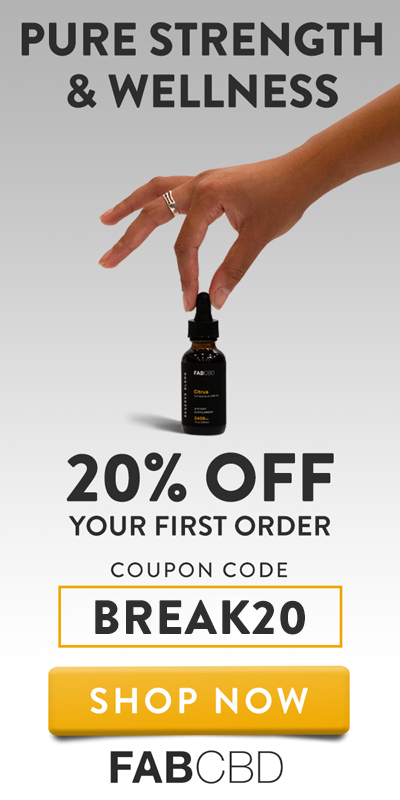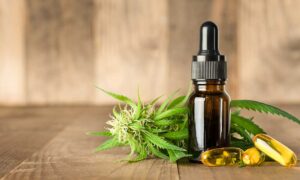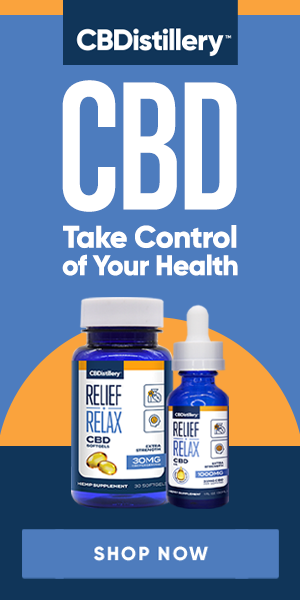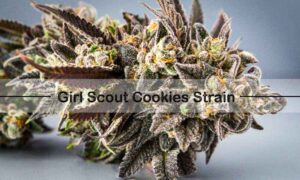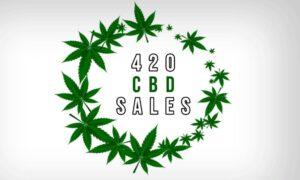The cannabis herb contains more than 100 cannabinoids, and Delta-8-THC is one of them. These substances affect the human body in different ways and can alleviate various health conditions. However, the cannabinoids come with side effects just like many other wellness products, and whichever you choose to use depends on your preference.
Have you come across the Delta-8 THC and not sure if you should use it? You are on the right platform to get the information you need before purchase. Below is a comprehensive guide on what is Delta-8-THC, how it interacts with your body, and its potential health benefits, among other details.
What Exactly Is Delta-8 THC (Tetrahydrocannabinol)?
For starters, Delta-8-THC in full is Delta-8-Tetrahydrocannabinol. It is a psychoactive component found in cannabis. It is a type of THC that is not as powerful as Delta-9-THC. For that reason, it provides a milder, smoother experience when using it.
Besides, it is naturally present in many cannabis strains but in minimal amounts and is used for recreational and medical purposes. When talking about the cannabis component that leaves users stoned, it usually refers to the Delta-9-THC, as it is potent and super intoxicating.
THC stands for tetrahydrocannabinol, one of the cannabinoids present in the cannabis plant THC is the cannabinoid that makes users feel high, and marijuana strains contain high amounts of it. However, industrial hemp is rich in CBD and has only 0.3% THC. CBD is the short form of cannabidiol, and unlike THC, it does not make users feel high. However, it offers the same health benefits as THC. Nonetheless, we are not talking about CBD here. Let’s continue to discuss the Delta-8-Tetrahydrocannabinol.
How Did It Become So Popular?
Delta-8-THC became popular for many reasons. For example, since it is not as potent as Deta-9-THC, the ‘high-‘effect it causes is not enormous. That way, users can enjoy the benefits of THC without being too stoned to function properly.
You get to be more clear-headed and less sedated, which keeps you aware of your surroundings, and you can complete other simple tasks. Besides, the lower intoxication effect means the side effects are also lessened. Users have reported feeling less paranoia and anxiety when using this type of THC, unlike the Delta-9 type that makes users paranoid and anxious.
What Makes It So Different from Other Types Of Cannabinoids?
Delta-8-Tetrahydrocannabinol can alleviate several conditions while causing less intoxication. This property makes it ideal for many users. It is one of the minor cannabinoids available in cannabis. CBD and Delta-9-THC are the most popular and abundant cannabinoids.
Delta-8-THC requires intensive processing to enable manufacturers to provide consumers with a usable quantity that can deliver the anticipated health benefits.
Besides, it has a longer shelf life, so you do not have to worry about it going bad quickly. Secondary cannabinoids such as CBN, CBG, and CBC are stand-alone substances. However, Delta-8 is a type of THC, and cannabis contains other tetrahydrocannabinols, such as THCV and Delta-9.
What About Delta-9: How It Differs
The Delta-8 vs Delta-9-THC discussion covers a few things. As mentioned earlier, Delta-9-THC causes a stronger ‘high’ effect than Delta-8. The latter has half the potency of the former. However, Delta-9 is the main form of THC available in cannabis. It is also the most abundant.
Delta-8 is an isomer of Delta-9, meaning it has the same molecular structure as Delta-9 but has notable differences. Both types of THC have a similar number of atoms for each element, but the atom arrangement is different in the two cannabinoids. The variation is the reason these THCs affect your body differently.
Nonetheless, Delta-9-THC is less stable than Delta-8. It easily changes to become CBN, a minor cannabinoid, or Delta-8-THC. Delta-8 is a stable form of THC and does not change into CBN. It is also cheaper and has a longer shelf life.
The Rules And Regulations Of Delta-8 THC?
Before using any cannabis derivative, one of the main concerns in the minds of many is the legality issue. In this scenario, is Delta-8 legal? You do not want to get into trouble with the law. Delta-8-THC is legal at the federal level if it is derived from industrial hemp. According to the 2018 Farm Bill that was signed into law, hemp and its derivatives are legal from the federal standpoint.
Nevertheless, while some states have implemented the regulations, others have not, and some do not have clear rules regarding hemp and its components. However, some states have legalized marijuana for medical and recreational use. In such areas, Delta-8-THC can be used without having any legal problems. You should check the Delta-8-THC regulations of your location before buying and using the product.
However, a common method used in making Delta-8 involves altering CBD synthetically to make the THC, and federal law considers this process illegal. It is one reason why Delta-8 is attracting legality problems from law enforcement agencies in some jurisdictions.
Synthetically altering CBD is a cost-effective way of producing Delta-8 in large amounts. The cannabinoid is available in trace amounts in the cannabis plant. Using cannabis components in their natural form is the safest way to consume them.
How Delta-8 Reacts In The Human Body
Delta-8-THC binds to CB1 and CB2 receptors, which enables it to provide you with full-body relief. These receptors are part of the endocannabinoid system (ECS) present in the human body. The system regulates different functions, including pain, mood, immunity responses, sleep, and appetite to ensure your body is in balance. Cannabinoids such as Delta-8 enhance the performance of the ECS to enable it to handle pain and other conditions better.
Potential Medical Benefits Of Delta-8 THC
People use Delta-8-THC to alleviate different health conditions. However, most studies have been done on animals, so more research involving human participants is necessary. Nonetheless, anecdotal studies and reports from users show that the THC has potential medical benefits.
For instance, Delta-8 has pain-relieving properties. This comes in handy for people dealing with different types of aches. It eases discomfort, supports mobility, and improves a person’s general wellbeing. Despite the THC being less sedating, the reduced sedation it provides can help users get through pain.
Benefits of Delta-8 also include relieving inflammation, a condition that causes serious health problems such as heart disease and cell damage. The anti-inflammatory properties also neutralize harmful free radicals in the body and foster recovery after workouts.
It might also stimulate your appetite, but you will not feel much hungry. That way, you do not have to worry about ingesting too many calories after using the THC. Delta-8 is anti-nausea as well. This is helpful for cancer patients going through chemotherapy. However, it can also lessen or prevent nausea arising from other causes.
If you have anxiety or paranoia, Delta-8 THC will not make your symptoms worse. It provides potential medical benefits with less anxious thoughts and behavior. It is a different case with Delta-9 THC, as it provokes anxiety and paranoia in your body. Delta-8- provides a more soothing, calming experience when using it.
Potential Side Effects
Delta-8-tetrahydrocannabinol comes with its share of side effects. Even though it offers relief for various conditions, it still causes anxiety and paranoia in users. However, these effects are not as intense as Delta-9’s.
Remember, Delta-8 is half strong. Besides, one study found out that Delta-8 can increase heart rate. However, more research is necessary regarding the side effects of Delta-8 and how it works to benefit the human body.
Trying CBD As an Alternative For Delta-8-THC
To cover a few things about CBD, it is a non-intoxicating cannabinoid that relieves various health conditions. You can use it as an alternative if Delta-8-THC does not suit you. It alleviates pain, anxiety, seizures, inflammation, muscle soreness, and improves sleep quality.
Industrial hemp is rich in CBD and contains only 0.3% of THC, the Delta-9 type. Marijuana also contains CBD, but its THC levels can be as much as 30%. That is why it makes users feel high.
Manufacturers use hemp in making CBD products, which come in various forms. The CBD market offers CBD oil, gummies, capsules, soft gels, topicals, and isolate in different potencies to match various consumer needs. Note that hemp and its derivatives, such as CBD, are legal at the federal level. There are three types of CBD full-spectrum, broad-spectrum, and isolate.
Full-spectrum contains all beneficial hemp components, including THC, CBD, and secondary cannabinoids such as CBC, CBN, and CBG. It also has terpenes, flavonoids, and fatty acids. These ingredients work together to provide the entourage effect that boots CBD’s effectiveness. Broad-spectrum CBD contains all hemp cannabinoids except for THC.
It also has terpenes, and these elements also offer the entourage effect. Experts explain that CBD works better when used alongside other hemp ingredients. If all you want to consume from hemp is CBD, buy products that have CBD isolate. It usually contains 99 % pure CBD and no other ingredient from hemp.
Other Things To Note About Delta-8-THC
Our bodies respond differently to wellness solutions. For that reason, you should not compare your progress with another person’s. Start with the lowest recommended dosage to allow your body to get used to Delta-8-THC.
Monitor how your body reacts before increasing the dose. If you do not experience the relief you need, you can increase the dose gradually until you find an effective amount for you. If you are on medication or have a health condition, speak with your doctor before using this product. The last thing you need is your condition getting worse or your prescription drugs interacting with the cannabinoid.
To protect your health and avoid other side effects, ensure that you buy high-quality Delta-8 THC. Manufacturers make the tetrahydrocannabinol differently, so none is similar to the other in quality. Ensure that the brand you intend to buy adheres to high standards of production. It should make Delta-8 THC from certified, safe facilities that follow Good Manufacturing Practices (GMPs).
The company should also use solvent-free methods to extract Delta-8-THC. The procedures ensure that users get clean THC, which has no harmful components that can endanger their health.
Lab testing is also vital. A worthwhile brand takes its products through third-party testing that confirms the ingredients used. That way, users can get an unbiased look into the Delta-8 THC the company makes. The lab report should be easily accessible so customers can have a stress-free time getting the results.
Manufacturers make Delta-8-THC in various forms, including vapes, oil, and gummies. Check the additional components in these products to ensure they are safe. The extra ingredients include carrier oils, flavors, and colors.
Summary
Delta-8-THC is a type of THC with less intoxicating effects than Delta-9-THC. Although requiring more research, it can alleviate pain, inflammation, nausea, and anxiety. It has a longer shelf life than Delta-9-THC and works with receptors in your body to provide relief for various symptoms.
Delta-8 THC made from hemp is legal at the federal level and is less sedating, not forgetting it is milder and more calming on your body and mind. However, you should be careful when making purchases. Only spend money on high-quality THC to protect your health.

